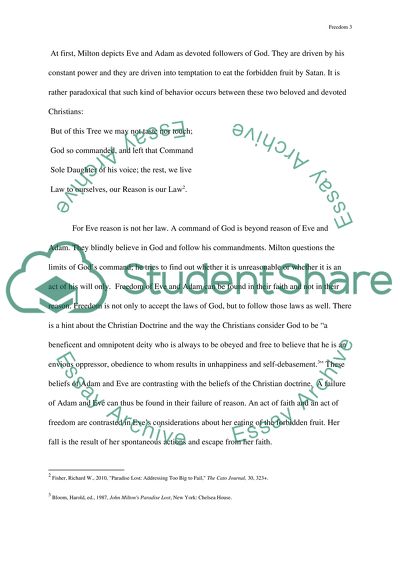Cite this document
(“Freedom in Paradise Lost by Milton and Cain by Byron Essay”, n.d.)
Retrieved from https://studentshare.org/english/1451232-title-ychnothing-can-quench-the-mindyyie-lucifer
Retrieved from https://studentshare.org/english/1451232-title-ychnothing-can-quench-the-mindyyie-lucifer
(Freedom in Paradise Lost by Milton and Cain by Byron Essay)
https://studentshare.org/english/1451232-title-ychnothing-can-quench-the-mindyyie-lucifer.
https://studentshare.org/english/1451232-title-ychnothing-can-quench-the-mindyyie-lucifer.
“Freedom in Paradise Lost by Milton and Cain by Byron Essay”, n.d. https://studentshare.org/english/1451232-title-ychnothing-can-quench-the-mindyyie-lucifer.


